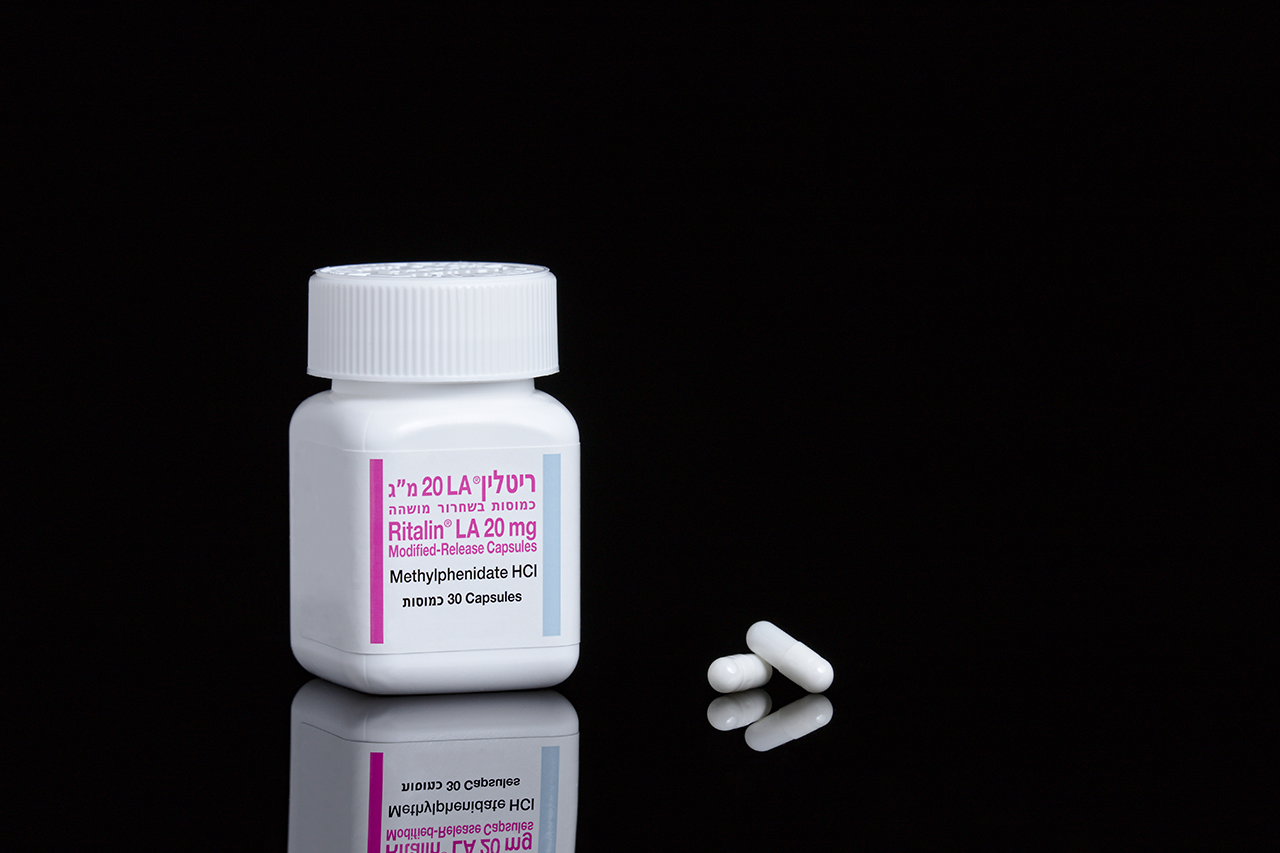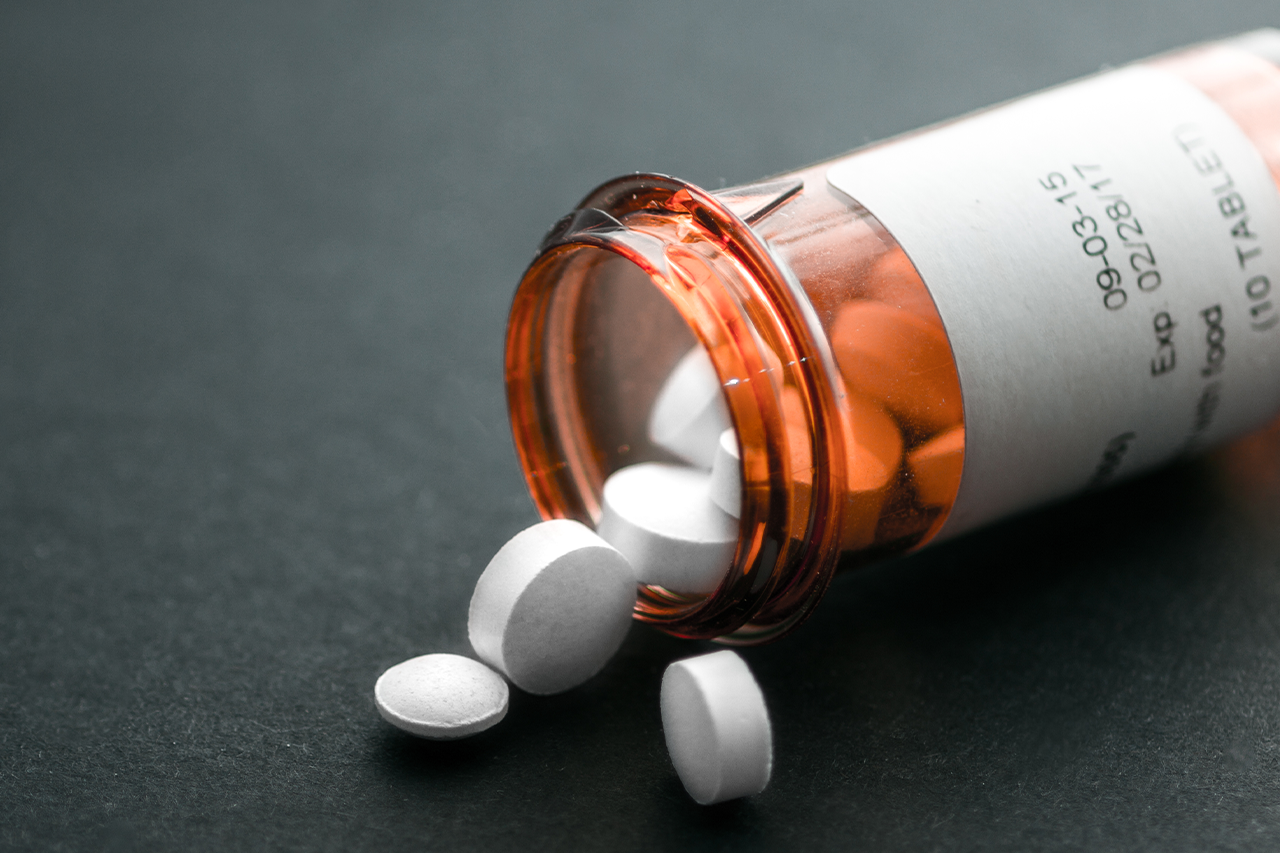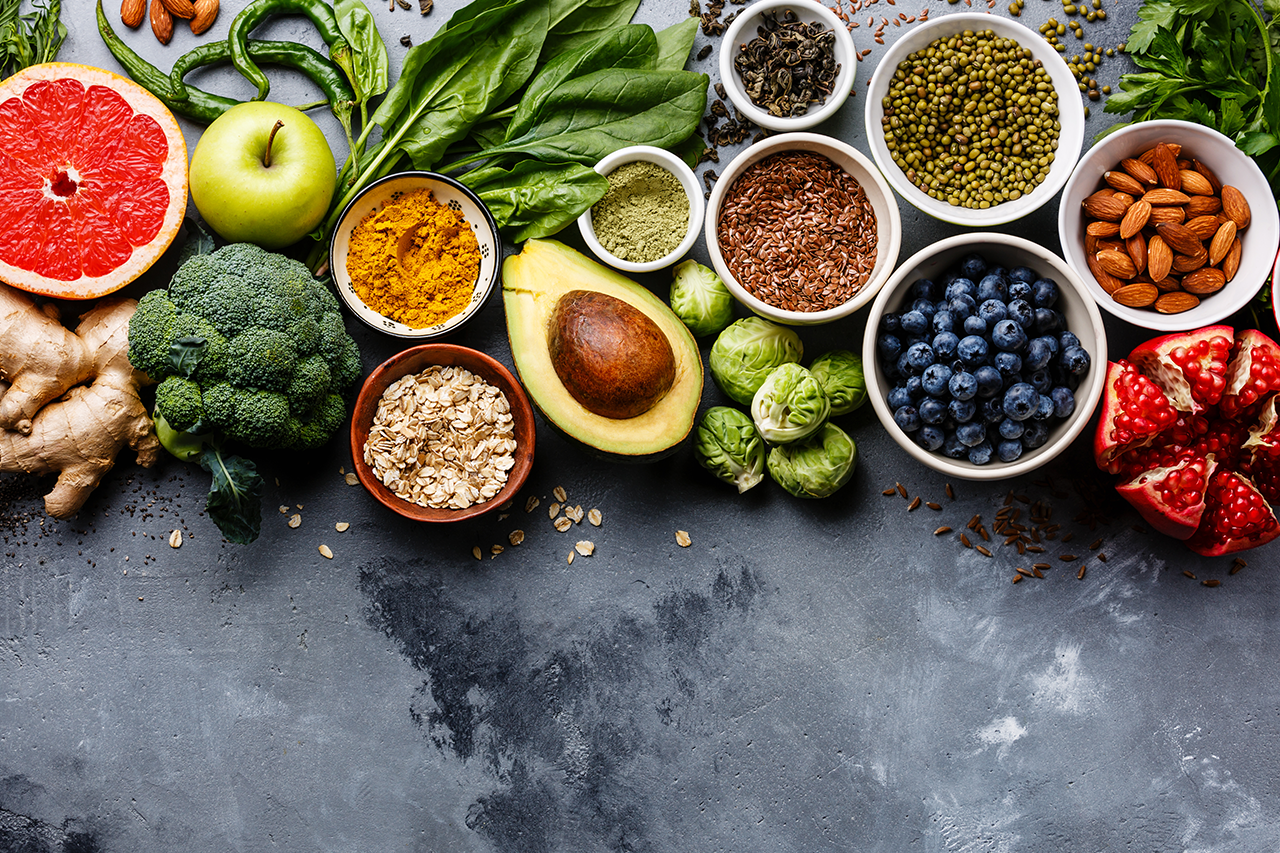
How Long Does Methylphenidate Stay In Your System?
June 29, 2022
Is Tapentadol Addictive?
July 21, 2022
How Long Does Methylphenidate Stay In Your System?
June 29, 2022
Is Tapentadol Addictive?
July 21, 2022
Foods That Reduce Alcohol Cravings and Support Detox
For people recovering from alcoholism, managing alcohol cravings can be a daily struggle, but what you eat can significantly aid in the detox process as well as help manage cravings. The key is to choose foods that not only improve digestion and promote steady blood sugar throughout the day but also support liver and kidney function, replenish depleted nutrients, and support brain chemistry and cognition. While healthy digestion optimizes the body's ability to absorb amino acids, vitamins, and minerals that can reduce cravings, steady blood sugar normalizes hunger-causing hormones, such as insulin and leptin. Additionally, getting enough lean protein contributes to the production of chemicals associated with reward and well-being, such as dopamine and serotonin. If you or someone you know is in recovery from drinking, here are the best foods that reduce alcohol cravings and support the detox process.
Foods That Stop Alcohol Cravings and Aid in Detox
It’s important to take care of yourself physically while recovering from alcohol abuse. What we eat not only impacts how we feel physically but also our mental health and the functionality of our detox organs, such as the liver and kidneys. With that said, eating the right kinds of foods can fortify your mind and body against cravings and help you lead a sober lifestyle with less of a struggle, while also providing essential support for detoxification. Below are some of the best foods to reduce alcohol cravings and aid in the detox process.
Brown Rice, Whole Grain Bread, and Pasta
Easy-to-cook foods that help with alcohol cravings include brown rice, whole grain bread, and pasta. Because alcohol contains simple carbs that are quickly digested in the body, the body becomes accustomed to carbs and begins to crave them. To control your cravings for alcohol, incorporate complex carbs like brown rice, 100% whole grain bread, and pasta to get enough energy to curb your cravings and feel fuller longer. This, in turn, will reduce your need for alcohol. Whole-grain foods also contain a lot of fiber, which can help maintain a healthy gut. Alcohol can have a severe impact on the stomach and intestines, so keeping your gut healthy supports your liver and kidneys—the body’s most important detox organs.
Spinach and Parsley
Raw spinach and parsley provide vitamins, minerals, and fibers to help regulate your metabolism. They also contain L-glutamine, an amino acid that decreases anxiety and cravings. However, it's important to note that you’ll get the most out of these greens if they’re eaten raw, as L-glutamine is broken down in the cooking process. You can easily add these greens into your diet in salads and sandwiches.
Peanut Butter and Nuts
Peanut butter and other nuts like almonds and Brazil nuts are great foods to help with alcohol cravings. They’re a great source of fiber, vitamin B, healthy fats, and protein, which contain amino acids that are essential for the production of dopamine. Dopamine is a key neurotransmitter linked to mood and the feeling of well-being. Eating foods that spark dopamine production can help you feel more satisfied, reducing dark moods that may otherwise contribute to alcohol cravings and thoughts of drinking.
Salmon, Tuna, and Mackerel
Fish like salmon, tuna, and mackerel are loaded with protein and vitamin D, which have been shown to reduce depression symptoms and stabilize mood. Coldwater fish like salmon and mackerel are especially rich in polyunsaturated fats and are among the best sources of omega-3 fatty acids. Omega-3 fatty acids have been shown to decrease depression, regulate mood, and improve mental clarity and function. All of these benefits, together, can help reduce alcohol cravings and support the body's detox organs by reducing inflammation.
Plain Organic Yogurt
Other delicious foods that reduce alcohol cravings include plain yogurt. Yogurt not only contains probiotics that support gut health, but it also contains calcium and vitamin D. These vitamins can also be absorbed from whole, soy, and almond milk. Other sources of vitamin D include cheese, fruit, legumes, and dark greens.
Fruit
Fruits like bananas and pineapple can also help to reduce alcohol cravings by spiking dopamine levels. Drinking alcohol can impact dopamine, which may lead to a sense of euphoria, pleasure, and reward. Long-term alcohol abuse can eventually make it difficult for the brain to produce dopamine on its own. As a result, the individual may become dependent on drinking alcohol to feel good. Reduction in dopamine can therefore lead to alcohol cravings, but fruits like bananas and pineapples can contribute to dopamine and serotonin production, improving the individual's mood and ultimately preventing alcohol relapse. You can either eat these fruits on their own, add them to smoothies, or eat them with yogurt (another recommended food on this list), granola, or oatmeal.
Walnuts
Walnuts, particularly English walnuts, are packed with protein and omega-3 fatty acids. Many seeds, such as sunflower seeds, are also excellent sources of fiber and antioxidants and can contribute to dopamine production. You can eat a handful of these daily or add them to yogurt, cereal, and salads with leafy greens.
By integrating these foods into your diet during and after alcohol detox, you can help your body recover more effectively, manage cravings, and support long-term sobriety.
What Role Do Omega-3 Fats Play in Alcohol Detox and Recovery?
Omega-3 fatty acids, found abundantly in coldwater fish such as salmon, tuna, and mackerel, play a crucial role in alcohol detox and recovery. These fish are not only rich in protein and vitamin D but are also among the best sources of polyunsaturated fats, which include omega-3 fatty acids. The benefits of omega-3s extend beyond their nutritional value; they are essential for overall brain health and functionality.
Research has shown that omega-3 fatty acids decrease depression, help regulate mood, and improve mental clarity and function. These effects are particularly beneficial during alcohol detox and recovery, as they can significantly reduce alcohol cravings. Moreover, omega-3 fats are known to reduce inflammation throughout the body, which is vital considering the physical stress that alcohol abuse can cause.
Including a variety of omega-3 sources in the diet, such as walnuts, chia seeds, and flaxseed, in addition to fatty fish, can enhance these effects. By stabilizing mood and improving brain function, omega-3 fatty acids support the body's journey to recovery, making them a key component in the treatment of alcohol dependence. This integrated approach not only addresses the immediate effects of detox but also aids in long-term recovery and maintenance of sobriety.
Why is hydration important during alcohol detox?
Hydration is crucial during alcohol detox because the body needs to adjust to a reduced level of fluid intake that it had become accustomed to during periods of alcohol consumption. Alcohol acts as a diuretic, increasing the production of urine and leading to a higher loss of fluids. When you stop drinking alcohol, your body, which has adapted to this diuretic effect, can become dehydrated. Additionally, common withdrawal symptoms such as vomiting, diarrhea, and sweating further increase the risk of losing vital fluids and electrolytes. Adequate hydration helps to mitigate these effects by replenishing the fluids and maintaining body function during the detox phase.
Help for Alcohol Abuse
Long-term alcohol abuse can have a detrimental impact on one’s physical and mental health as well as their career, relationships, and finances. If you haven’t taken that first step towards sobriety yet, consider reaching out to Faith in Recovery for help. Our Christian residential drug rehab offers medical alcohol detox and other forms of treatment to aid in the client’s physical and psychological recovery from addiction. Not only do we help clients safely recover from withdrawal, but we also help them develop the relapse prevention skills needed to sustain long-term sobriety. For more information about our faith-based recovery programs, call our Christian drug rehab today at 888-280-4763. Related Reading: What the Bible Says About Alcohol Abuse Long-Term Effects of Alcohol on the Kidneys How Does Alcohol Affect Sperm?

